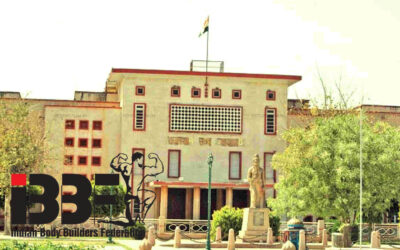BNS Section 171 – Undue influence at elections
IPC Section – 171 B
1. What is Undue Influence?
Undue influence occurs when someone voluntarily interferes or attempts to interfere with the free exercise of electoral rights, such as voting or standing for election.
2. Key Elements of Undue Influence
a. Interference with Electoral Rights (Section 171(1))
- Prohibits any intentional act that hinders a person from freely exercising their electoral rights.
b. Specific Actions Constituting Undue Influence (Section 171(2))
- Threats (Section 171(2)(a)):
- Threatening a candidate, voter, or someone associated with them (e.g., family member) with injury of any kind (physical, financial, social harm, etc.).
- Spiritual or Religious Coercion (Section 171(2)(b)):
- Inducing or attempting to induce a candidate or voter to believe they will face Divine displeasure or spiritual punishment for voting a certain way or abstaining from voting.
c. What is NOT Undue Influence (Section 171(3))
- Public Policy Declaration: Promises of public action (e.g., infrastructure development) or declarations of public policy are not undue influence.
- Exercise of Legal Rights: Conducting a campaign, issuing public statements, or other legal political activities are not undue influence, provided there is no intent to interfere with electoral rights.
3. Purpose of the Law
- To ensure free and fair elections by preventing coercion, threats, or manipulation of voters or candidates.
- To protect the integrity of the electoral process from undue influence, including spiritual or religious coercion.
Summary of Undue Influence
| Offence | Key Points |
|---|---|
| Undue Influence | Voluntarily interfering with the free exercise of electoral rights. |
| Specific Actions | – Threats of injury to candidates, voters, or their associates. |
| – Spiritual or religious coercion (e.g., Divine displeasure). | |
| Exceptions | – Public policy declarations or promises. |
| – Exercise of legal rights without intent to interfere. |

